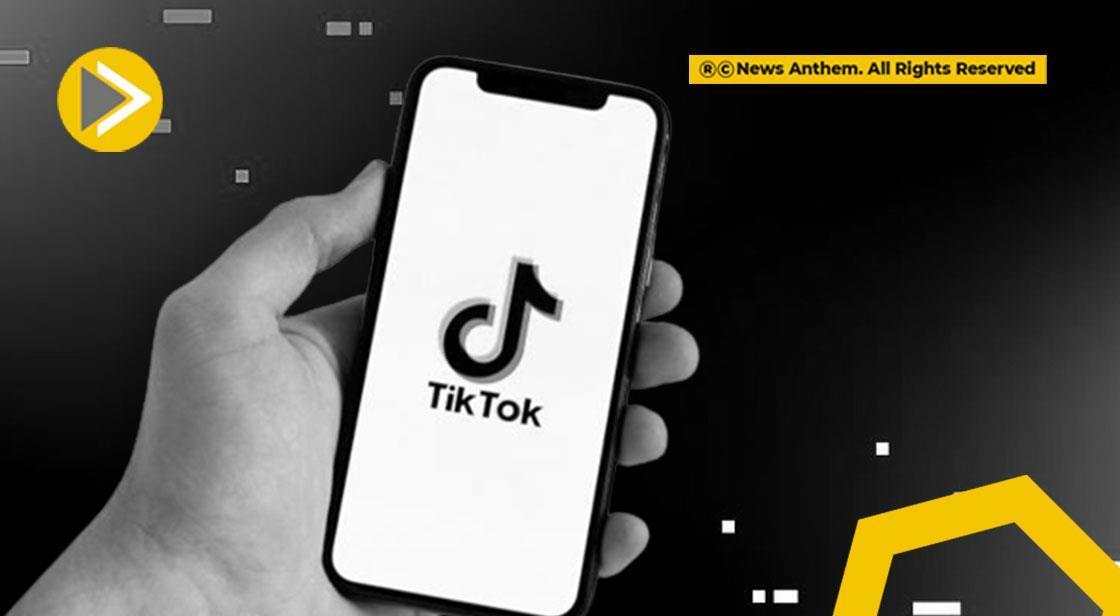US Supreme Court Weighs Potential TikTok Ban: Key Details to Know

News Synopsis
The U.S. Supreme Court is set to hear arguments regarding a law that could lead to a nationwide ban on TikTok. The case holds significant implications, with the justices largely determining the fate of the popular short-form video-sharing platform.
TikTok's Argument: A Violation of Free Speech
TikTok and its legal team argue that the proposed law violates the First Amendment. They assert that banning the platform infringes on free speech and would unfairly impact millions of users, including content creators who rely on TikTok for their livelihoods.
National Security Concerns
The U.S. government claims that TikTok, owned by Chinese parent company ByteDance, poses a potential national security risk. Officials argue that Chinese authorities could access sensitive user data or manipulate information shared on the platform. These concerns have fueled bipartisan support for the law.
Appeals Court Decision
An appeals court upheld the law, which mandates a ban on TikTok unless the platform is sold to a non-Chinese entity. Judges from both Republican and Democratic administrations unanimously supported the decision. The law is scheduled to take effect on January 19, a day before President-elect Donald Trump assumes office.
Trump’s Involvement
Donald Trump, who has a substantial following on TikTok, has expressed a desire to "save TikTok" and negotiate a sale of the platform. This marks a shift from his previous stance during his presidency when he sought to ban the app entirely. Trump’s request to delay the law's implementation demonstrates his continued influence on national issues before officially taking office.
Legal and Advocacy Responses
TikTok lawyers have urged the Supreme Court to block the law before it takes effect, emphasizing the potential loss of one-third of the app’s daily U.S. users and significant advertising revenue. Free speech advocacy groups, including the ACLU and the Electronic Frontier Foundation, have also filed briefs, warning that the ban could cause widespread disruption and lacks credible evidence of harm.
Supporters of the Law
On the opposing side, Republican Senator Mitch McConnell and a coalition of 22 states argue that the law safeguards Americans’ data and prevents potential manipulation of information by Chinese authorities. They view the measure as essential to protecting free speech and national security.
Potential Outcomes
The Supreme Court, which has a conservative majority, is expected to provide hints about its stance during oral arguments. If at least five justices agree that the law is unconstitutional, they could temporarily block its enforcement before issuing a final ruling. A decision is anticipated swiftly, given the urgency of the case.
Broader Implications
If the law goes into effect, TikTok could face a shutdown by January 19, creating significant disruptions for users and content creators. The outcome of this case will have far-reaching implications for the tech industry, free speech, and U.S.-China relations.
Conclusion
The TikTok case before the U.S. Supreme Court is a pivotal moment in the intersection of technology, national security, and free speech. With significant implications for millions of users, content creators, and the broader tech industry, the decision will likely set a precedent for how the U.S. handles foreign-owned platforms in the future. As debates continue over data privacy, free speech rights, and national security, the outcome of this legal battle will resonate well beyond TikTok, shaping policies and public discourse in the years to come.
You May Like









